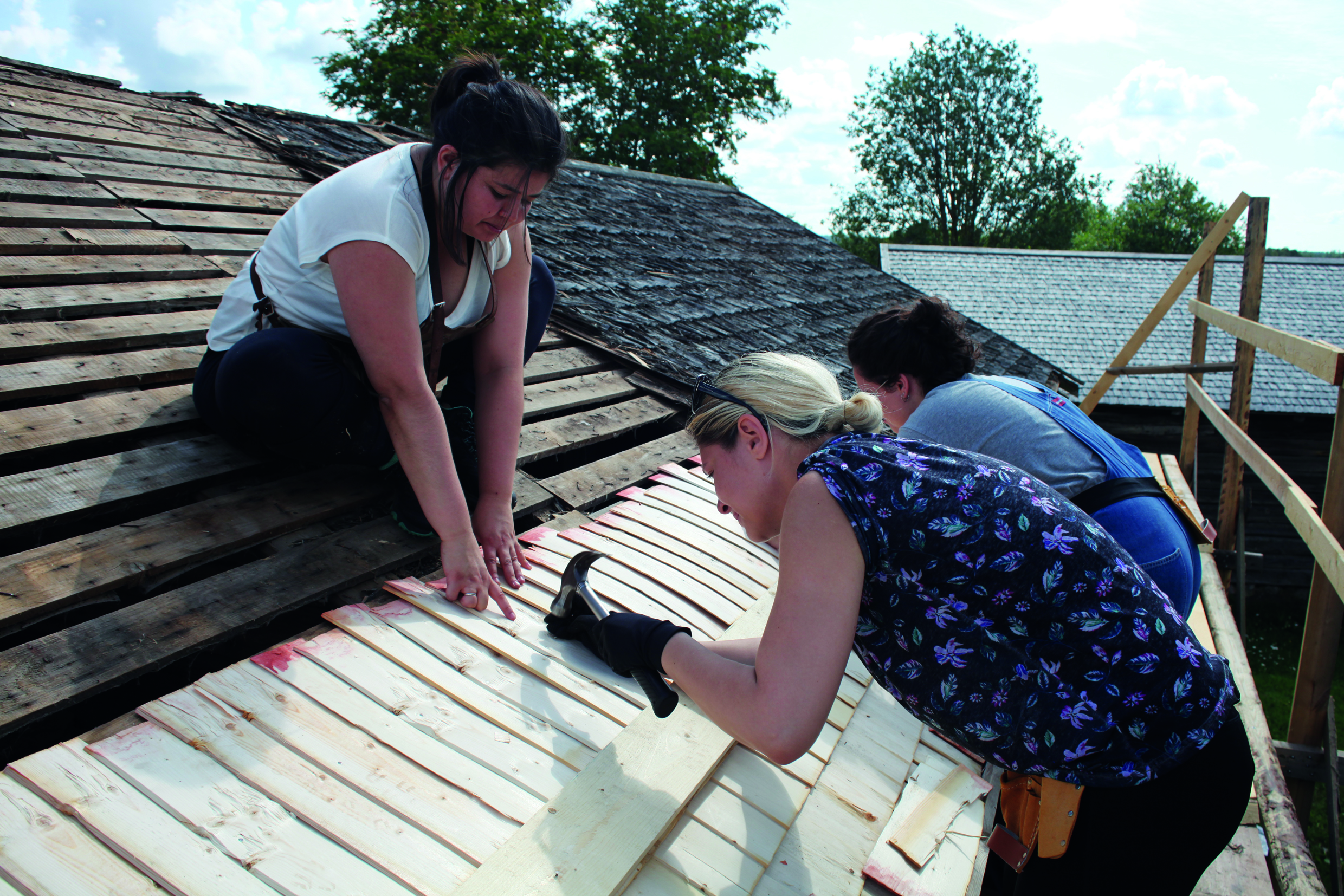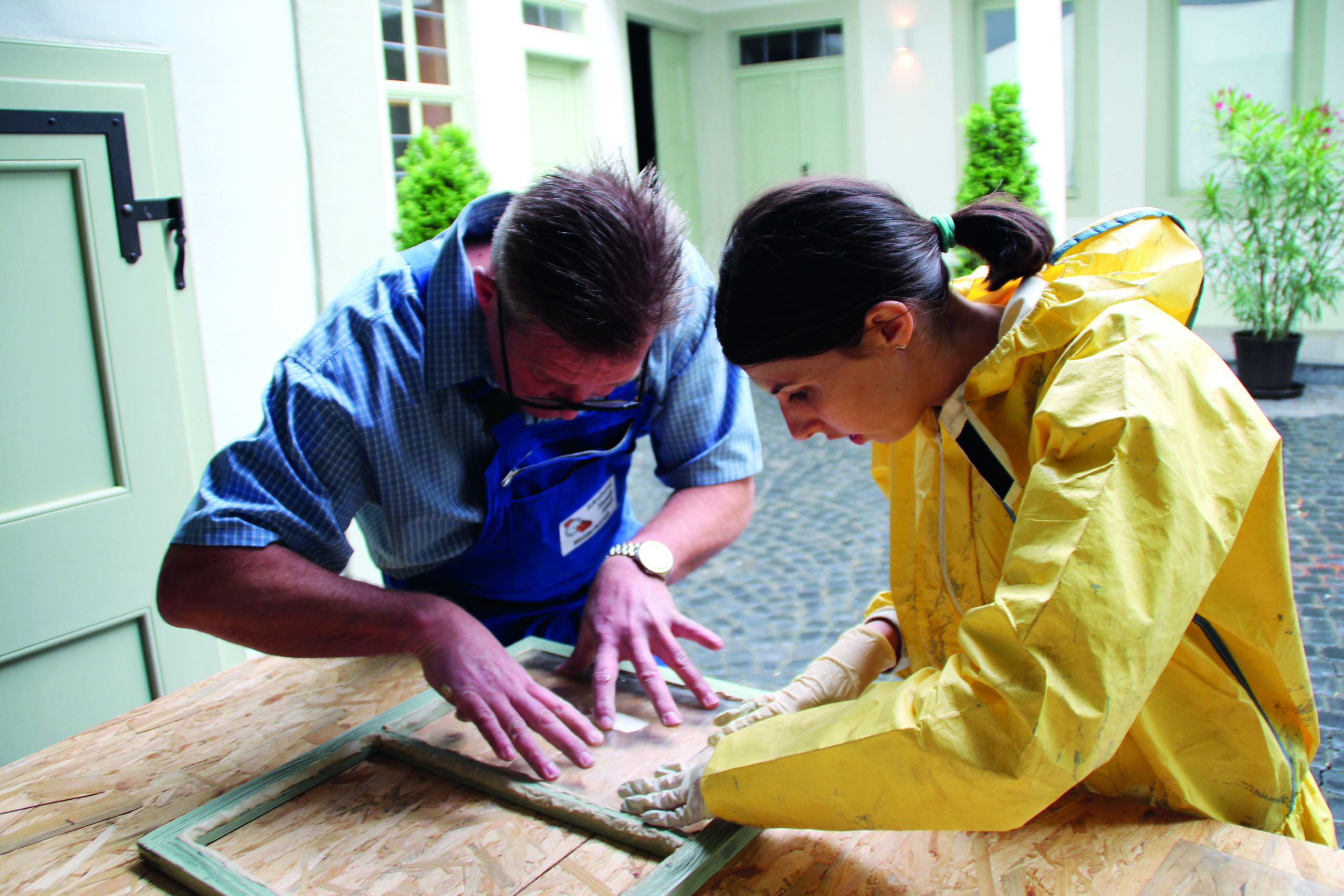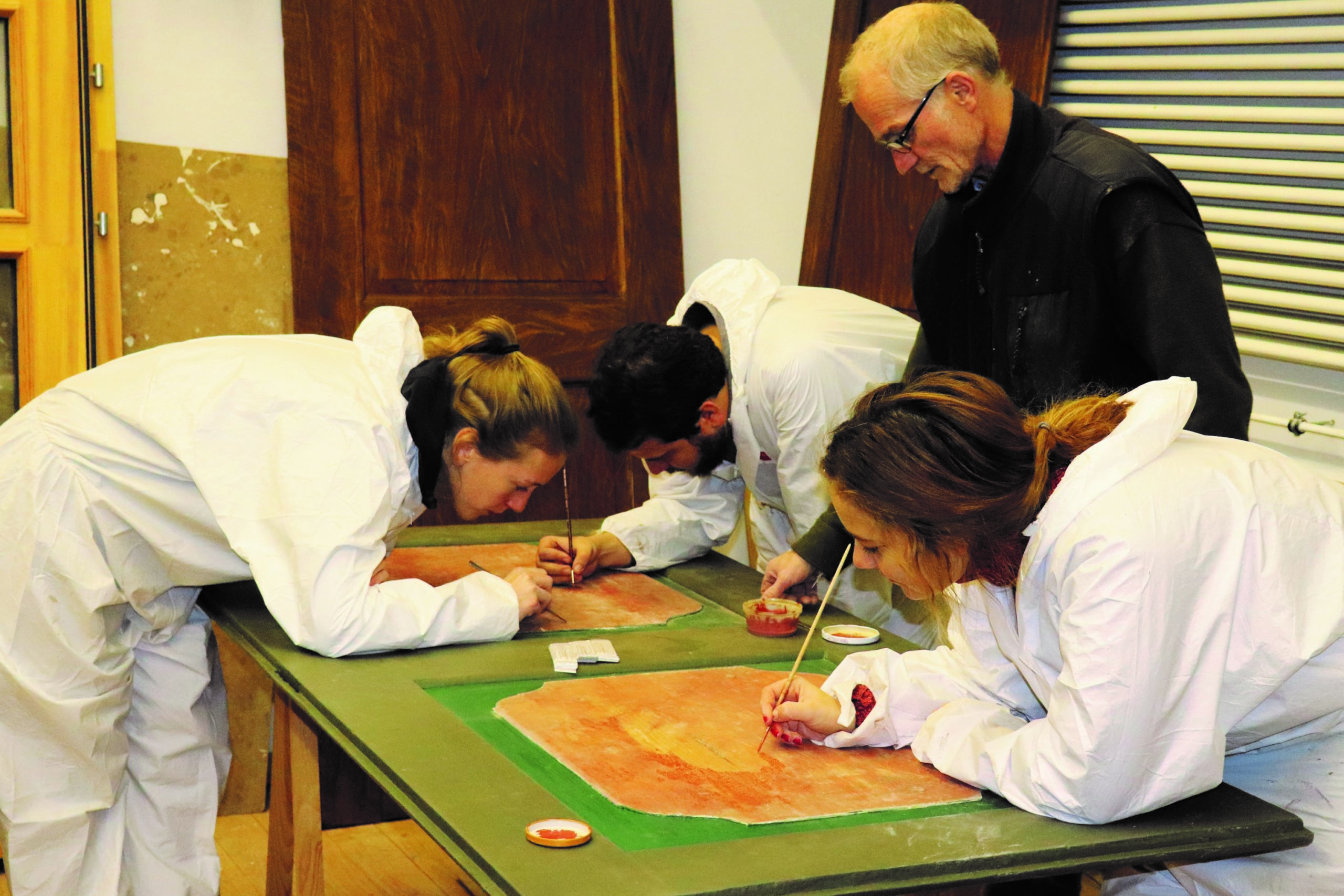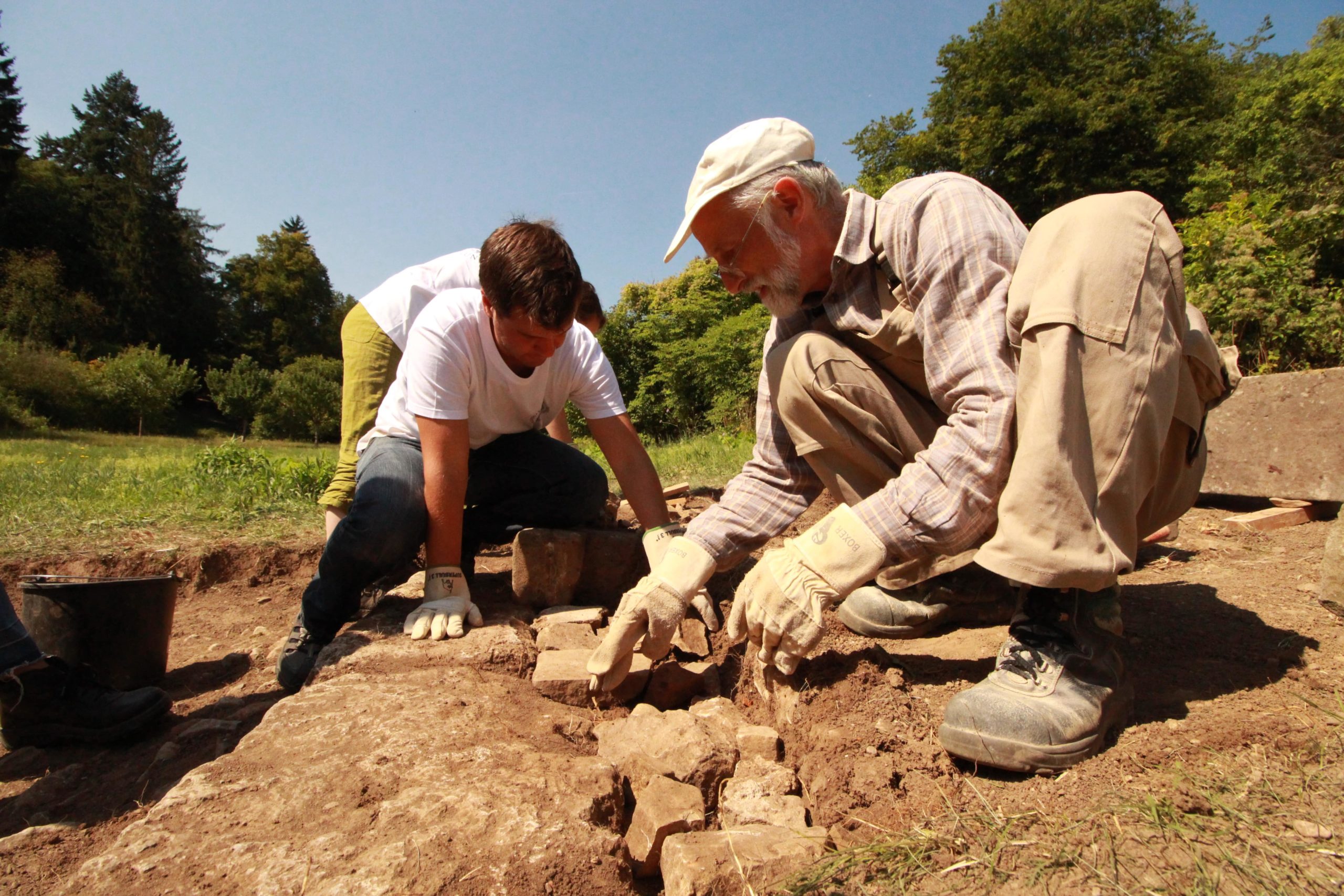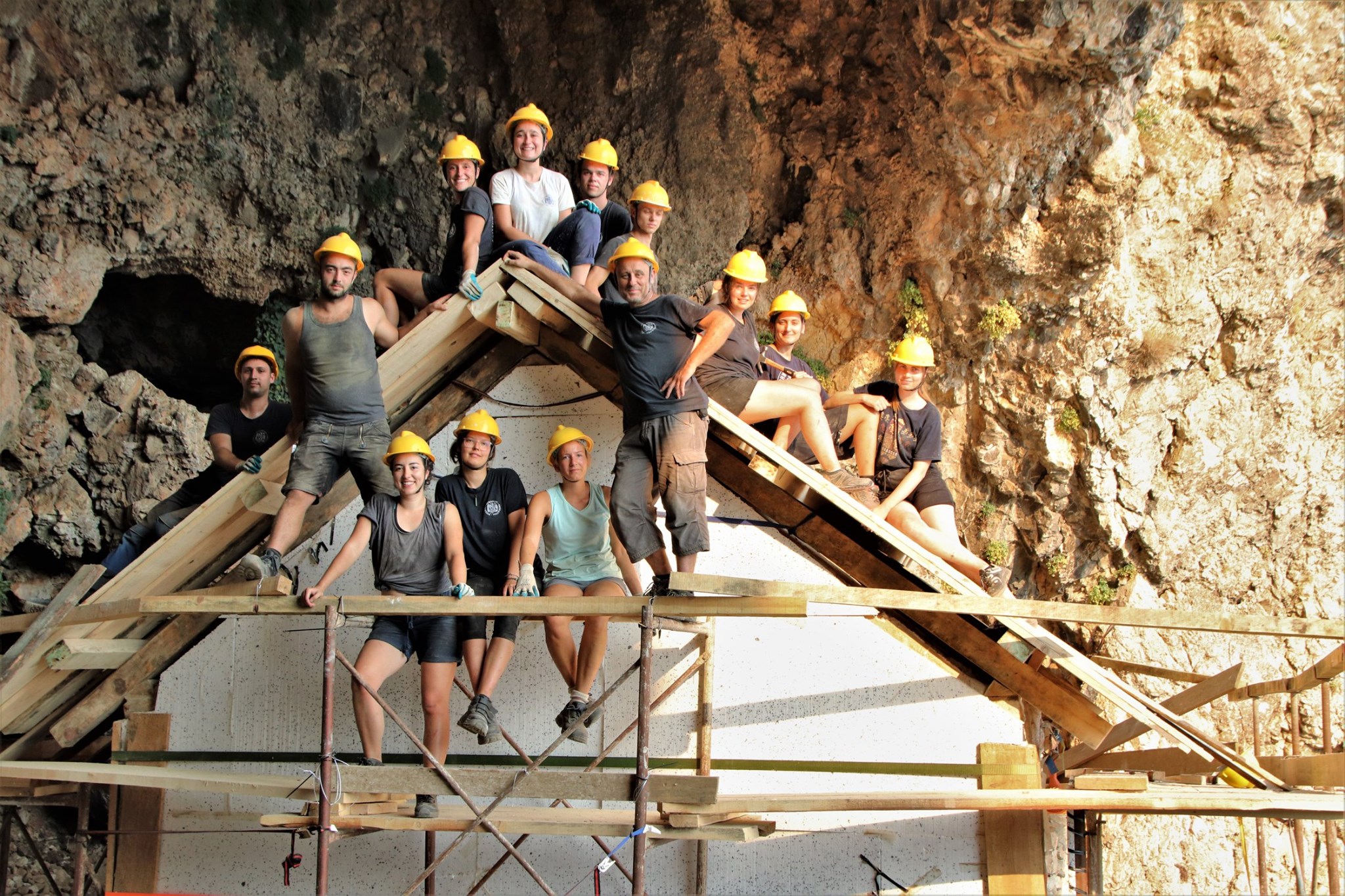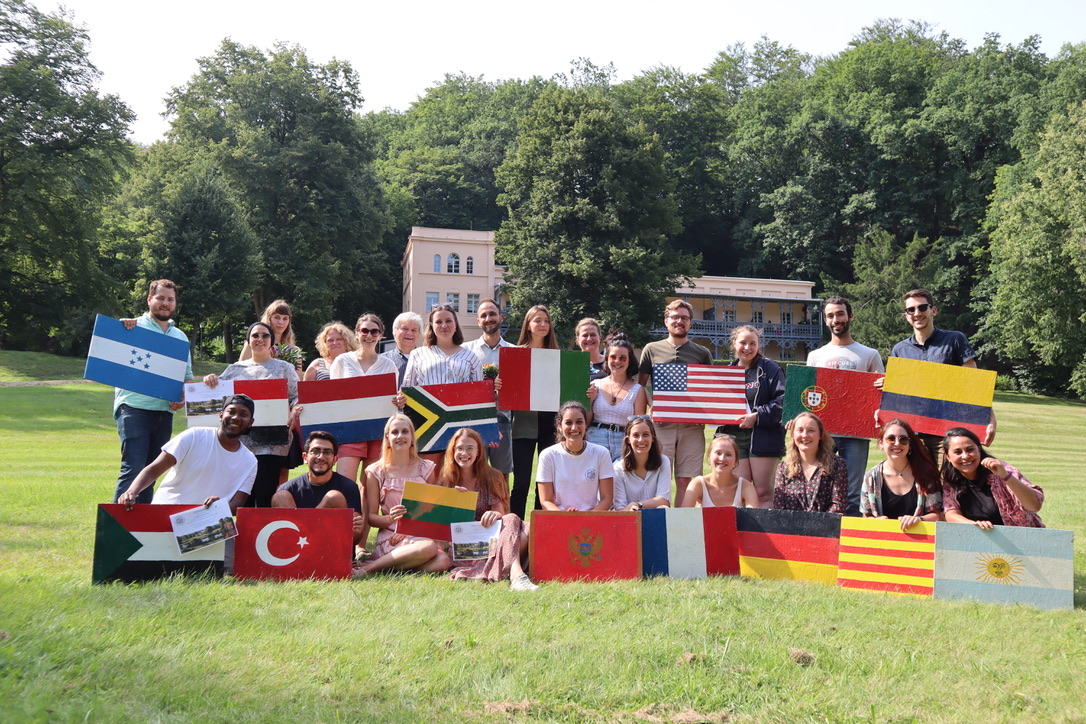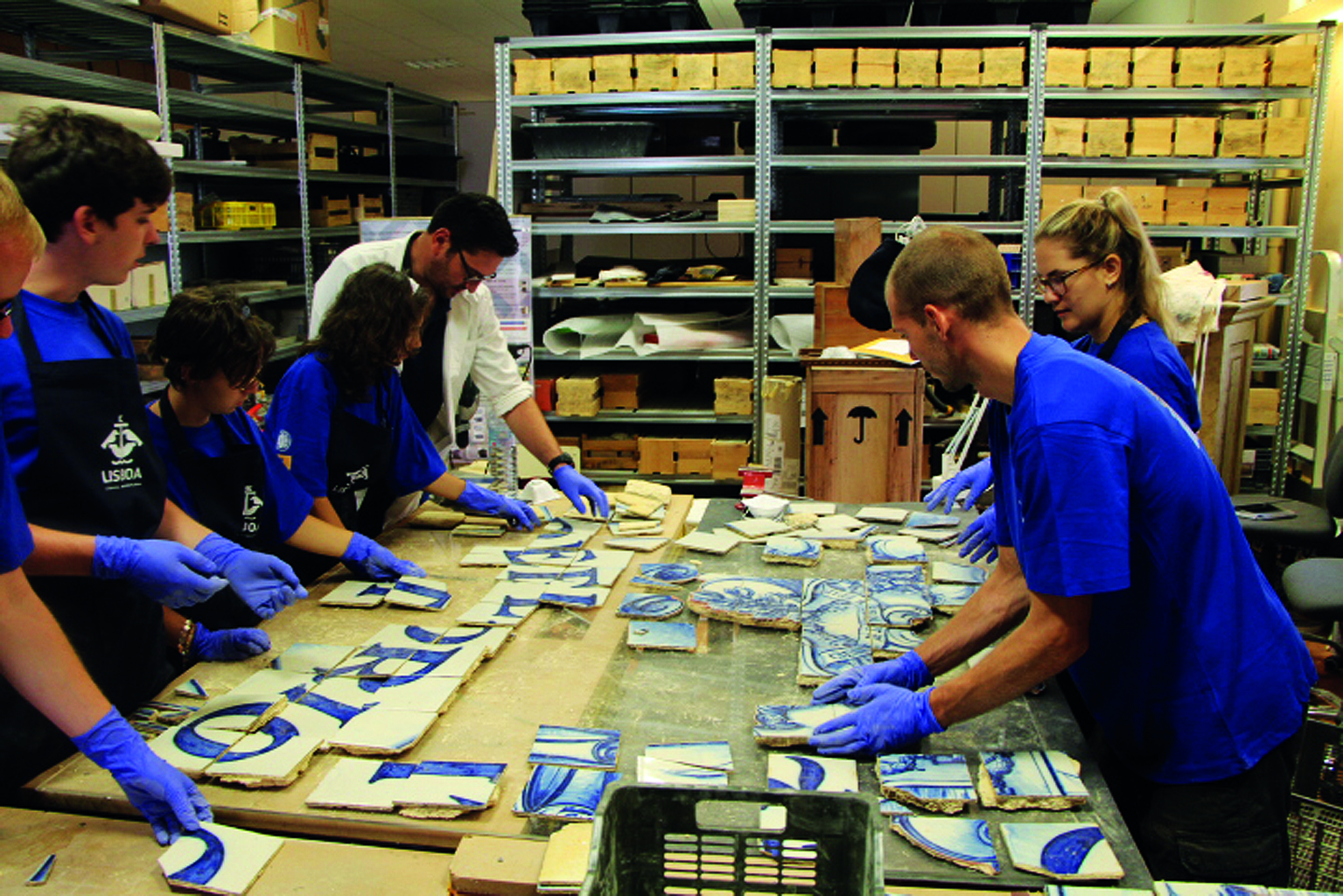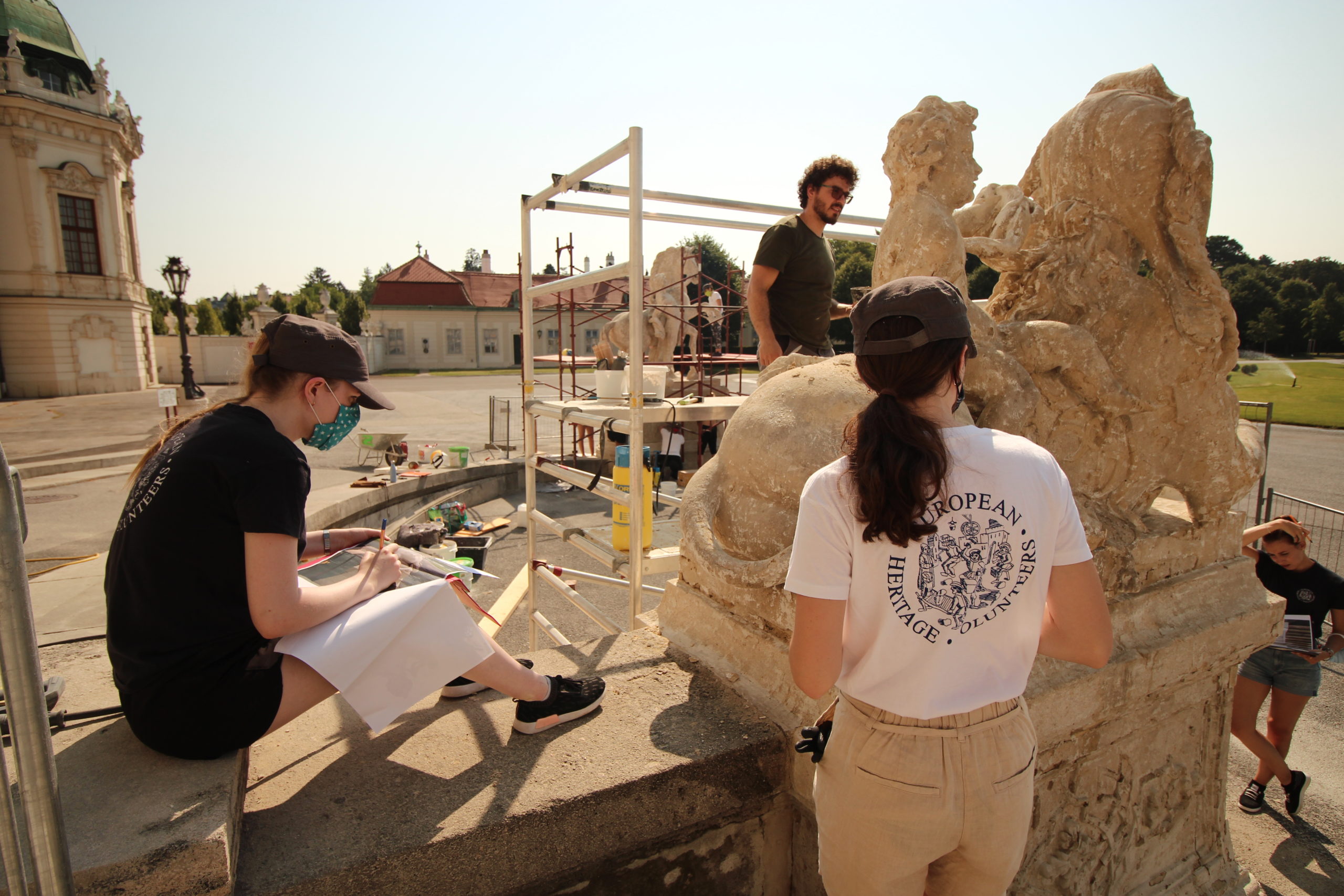Warning: Undefined property: FusionSC_Faq::$parent_args in /home/europeanhouses/www/wp-content/plugins/fusion-core/shortcodes/fusion-faq.php on line 144
Warning: Trying to access array offset on value of type null in /home/europeanhouses/www/wp-content/plugins/fusion-core/shortcodes/fusion-faq.php on line 144
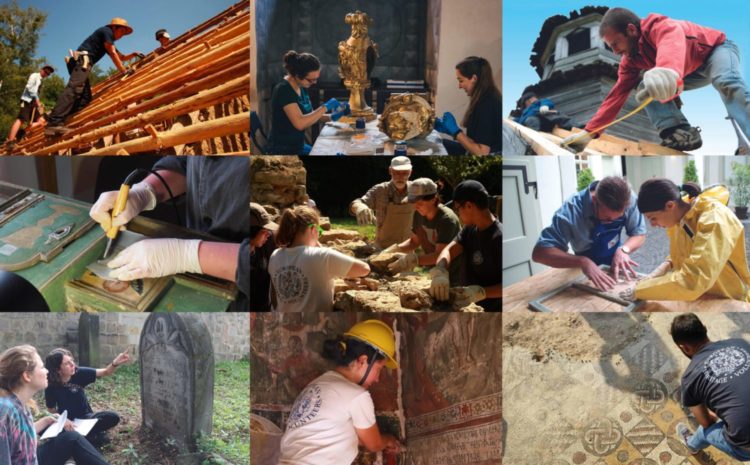
EUROPEAN HERITAGE VOLUNTEERS PROJECTS
The application process is open !!!
European Historic Houses had the opportunity to attend the European Heritage Volunteers Project Partners Meeting in Görlitz / Germany from October, 25th, to October, 30th, 2021. The meeting saw participation from different organisations all across Europe and beyond. Partners from Austria, Bulgaria, Finland, Georgia, Germany, Kosovo, Malta, Poland, Portugal, Serbia, Slovakia, Spain and the United Kingdom, got together to share their past experiences of European Heritage Training Courses and European Heritage Volunteers Projects and to discuss future courses and projects. The culmination of the meeting was a conference on ‘Best practices of Heritage Volunteering and Practical Oriented Heritage Education’ with opening speeches from the ‘Head of the Protection and Conservation of Monuments Department’ at the Saxon State Ministry for Regional Development and Lord Mayor of the City of Görlitz.
European Heritage Volunteers is a non-profit organisation based in Weimar, Germany, active at European and international level in the area of volunteering for heritage and non-formal heritage education; it is a member of the Expert Group on Cultural Heritage on Cultural Heritage of the European Commission. European Heritage Volunteers has been organising for more than twenty years volunteering projects and training courses in Europe in the field of heritage. They have organised over the past two decades more than 200 volunteering projects and training courses in almost 30 European countries that have seen participation from almost 3,000 volunteers coming from more than 70 countries worldwide.
The Project Partners elaborated extensively about the influence the projects have had on their organisations and the positive effect that the projects leave beyond the contribution to the rescue, conservation and awareness raising of heritage sites on the local communities. From sharing their culture, local food and traditions to getting an international perspective on the heritage issues, the partners deeply appreciated the involvement of young heritage professionals and the role of European Heritage Volunteers in facilitating this exchange.
European Heritage Volunteers has invited European Historic Houses to participate and plan volunteering projects within the European Heritage Volunteers Programme for the upcoming year.
We thus encourage our members to take advantage of this opportunity and make use of the initiative to train the heritage professionals of the future.
The project proposal form shall be published here by 1.12.2021. We thus encourage those interested to get in touch with us.
To know more about European Heritage Volunteers and their work, click here.
To know more or for project proposals and assistance, please contact:
Theodora Canciu: theodoracanciu@europeanhistorichouses.eu
Meetali Gupta: m.gupta@europeanhistorichouses.eu
1. What does ‘European Heritage Volunteers’ represent ?
European Heritage Volunteers is an organisation based in Germany that has been organising for more than twenty years volunteering projects and training courses in Europe in the field of heritage. They have organised over the past two decades more than 200 volunteering projects and training courses in almost 30 European countries that have seen participation from almost 3,000 volunteers coming from more than 70 countries worldwide.
2. What is the duration of the volunteering projects and training courses ?
The general duration of both, the volunteering projects and training courses is two weeks. A minimally shorter duration, as for example of twelve days, is possible, too.
3. What is the difference between a volunteering project and a training course ?
The main difference between a volunteering project and a training course is the objective behind. The volunteer project has 6hours of work per day and can expect a more visible outcome for the heritage site whereas a training course devotes 7 hours of work per day and is more focused on the educational input provided to the participants.
4. How many participants or volunteers does a project have ?
Every project has around 12-16 participants which is flexible based on the logistics of the site. In addition, there are two Group Coordinators and two Technical Instructors.
5. What is the background of the participants?
About the participants : The participants are young heritage professionals aged between 23 and 32 years with different heritage-linked backgrounds like architecture, archaeology, restoration, history, history of art, landscape planning, World Heritage studies, but also cultural entrepreneurship etc. They are from different countries mostly from Europe, but also from other continents, mainly Asia and the Americas.
6. What is the role of the technical instructors and who is responsible for arranging appropriate Technical Instructors ?
Depending on the topic there will be two technical instructors responsible for ca. 4 – 5 (restoration), 6 – 7 (handicraft) up to 9 or 10 (historic parks and gardens) participants each. They shall be responsible either for the same task or for different tasks. They might come from different heritage-related professional backgrounds / specialisations depending on the need of the project.
They can either be provided by the Project Partner, by the sub-partner, or by European Heritage Volunteers. There is also the opportunity of a combination, for example – one from the place and one provided by European Heritage Volunteers. This has to be discussed and decided for every project separately.
7. What is the role of the Group Coordinators and who is responsible for arranging them ?
The projects generally have two Group Coordinators – whose training, allowance and travels costs will be covered by European Heritage Volunteers. Their main responsibility is to manage the participants and be a bridge between the Project Partner, the participants and Technical Instructors. Depending on the project location, it might be advisable to have one Group Coordinator provided by European Heritage Volunteers and one from the region. This shall be discussed and decided for every project separately.
8. Who takes care of the participants during the course of the project ?
The Group Coordinators are trained by the European Heritage Volunteers in a one-week long training seminar before the commencement of the projects to manage the participants during the project duration. However, it is important for the Project Partner to be in constant dialogue with the Group Coordinators and assist them whenever needed.
9. Who bears the cost for the accommodation, food and travel of the participants ?
The participants pay their travel costs themselves. The project proposal submitted by a partner / member of a partner organisation, needs to specify the accommodation where participants shall be living for the project duration. Food for the participants can either be catered or an allowance is provided for the participants to cook for themselves. Realistically, a combination of the two works perfectly. For example: A self-catered breakfast and dinner with lunch arranged in a cafe or restaurant or self catered meal for breakfast and lunch and arrangement for dinner.
10. Who pays the Technical Instructors and the Group Coordinators ?
The training, the travels costs and the allowances for the Group Coordinators is taken care of by European Heritage Volunteers. The allowances for the Technical Instructors are generally taken care of by the Project Partner as they usually do provide the Technical Instructors. However there exists a possibility of European Heritage Volunteers to provide Technical Instructors, too. The cost is then decided based on the project and work with some Technical Instructors also willing to carry out their tasks voluntarily or in exchange for reimbursement of travel costs.
11. Who monitors the volunteers and the quality of the work ?
From European Heritage Volunteers, the overall structure is provided including preparation visit, conceptual development of the project, promotion of the project, recruitment and selection of the participants, monitoring and evaluation. The safety of the participants on site is a responsibility of the Project Partner.
Educational and cultural programme is usually designed and organised in collaboration with European Heritage Volunteers and the Project Partner.
12. What should the project be about ?
A first project is ideally not too demanding logistically and it is recommended and preferred to conduct it at one place or ensemble.
The project should have a clear topic (For example : reconstruction of parts of a historic path system ; restoration of historic windows or whatever is thinkable depending on the particular site). It should / could be divided in two topics so that there can be two working groups of around seven participants each on site.
13. By when should a project proposal be submitted ?
The Project Partners Meeting with all the future possibilities of the projects to be held in the following year takes place in the month of October. The actualised project proposal form is usually published by European Heritage Volunteers during the second half of November. The project proposal shall be sent till end of December. This allows site visits and further discussions to take place in January and to agree about final details till mid of February so that the complete programme can be published till end of February.

